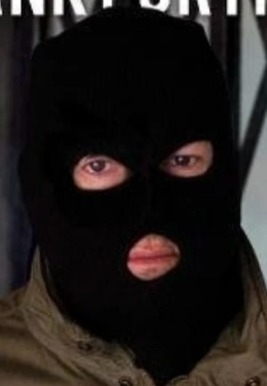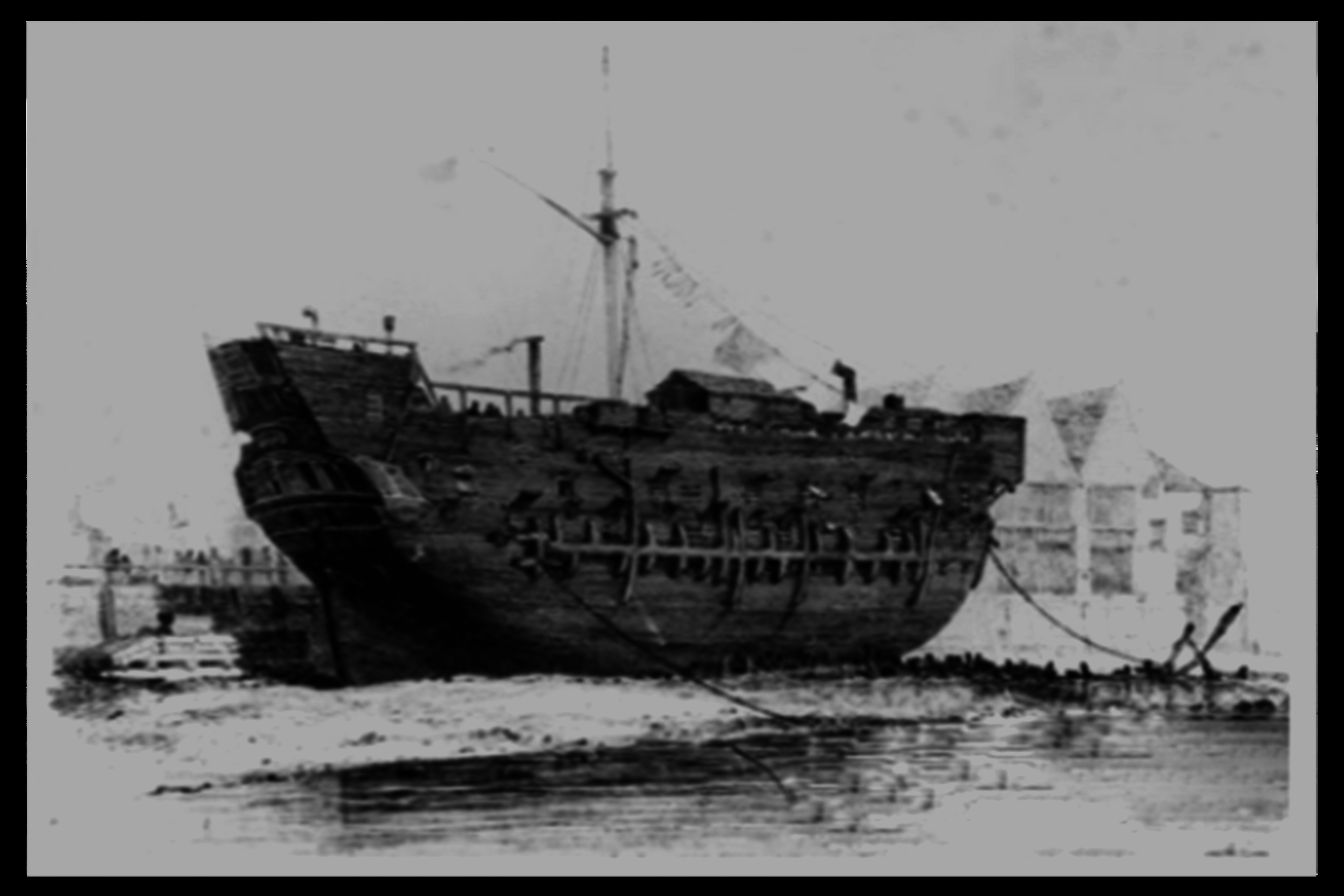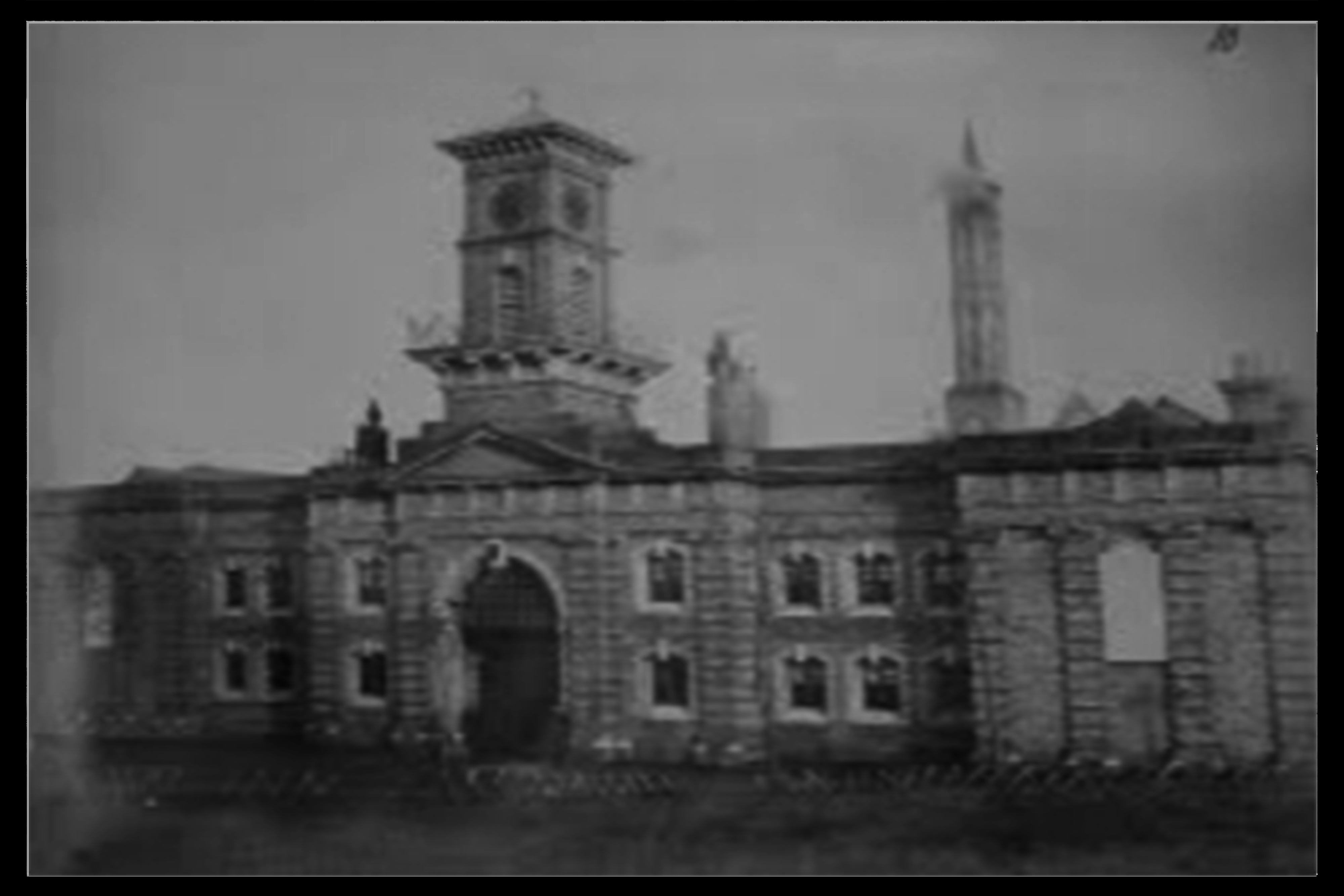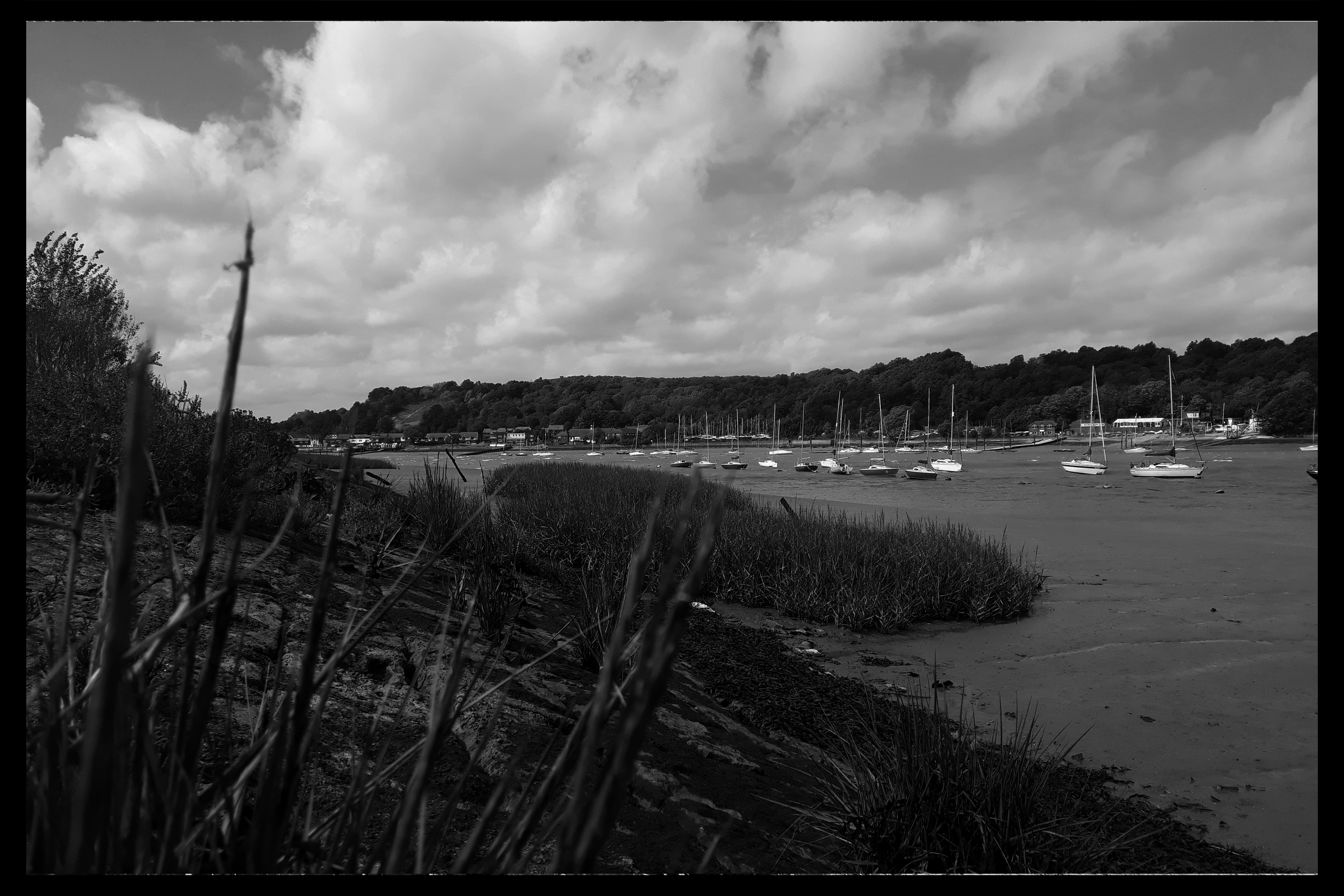Frank Portinari is a complex person and I think he’d agree it fair that I describe him, from the content of his book, as a multifaceted being. To me he is a son, Mrs P’s husband, a father and grandfather but there are layers to Frank—to his past—that ran alongside family life. He ran havoc in the football terraces, supporting his beloved Spurs (he still supports them) and he ran guns during the troubles out in Ireland before the Peace Process. These aspects are not separate parts external to him, but they make up the whole person.
This isn’t Frank’s first time on my Soul2Ink blog, so welcome back, Frank. Let’s begin by sharing that we got to know each other through our writing and by reading each other’s work and that his story is incredibly interesting and a little different to what most would imagine.
For those of you who don’t know Frank or have not, as yet, read his book he became a member of the Ulster Defence Association (UDA) at a young age and rose through the ranks quickly. Based in London, where Frank was born and still lives, he’d become frustrated with the IRA bombings. Wanting to make a difference, he formed an alliance with the UDA and this was something he was willing to take to the extreme. Frank takes all he does in life to the extreme, so let’s get to know him.
One of things I respect Frank for the most is for the love of his family. This is certainly conveyed through the more private side of Frank’s social media where you are privy to evenings out, birthday celebrations and much more.
Frank, what do your family mean to
you and how have they supported you?
I met my Wife in August 1972. We were 15 years old. Due to mental health issues, my parents spent time in various mental health institutions. When I was 10, I was placed in a home with my younger Sister. She was only 3. Mental health issues became a normal part of family life. When Lisa became part of my life, she was like my Guardian Angel. That has been a constant for over 50 years. My Daughters have always loved and respected me. Not once have they castigated me for leaving them alone and vulnerable. If they did I think it would destroy me. I'm also fortunate enough to have 3 beautiful Granddaughters. In short, I'm a very lucky man.
Frank, you have lived a life many of us wouldn’t be able to comprehend. How do you transform your life into the motivational messages you convey today?
My life has been full of many varied experiences. Some good, some not so good. Either way I take ownership and accept full responsibility for my actions. At this stage of my life, I feel a responsibility to share some of those experiences. Particularly with educators and people with access to young people. I'm a firm advocate for social forums in educational establishments. Youngsters need to learn the skills of debate and peaceful resolution. Not having confrontation and violence as their first and final option. Ex offenders can, and do, play a vital role in that process.
Evidence shows me, through interactions on social media, that past conflict between opposing team’s football fans is indeed a thing of the past. Do you miss the thrill of a good bust up on the terraces? Or look forward to just enjoying watching your team, Spurs, win (or lose) each match without that extra adrenaline promise?
As a young working class kid football was my first love. I genuinely enjoyed both playing it and watching it. It was certainly the first identifiable culture I became part of. Eventually alongside that I actively embraced the adrenalin rush of football hooliganism. I would attribute it to my understanding and sense of camaraderie and loyalty. It was adventurous, dangerous and character building. And for long periods of my life it became my identity. An identity that was difficult to shrug off. Despite my long-term commitment to it, I do now question my actions. If my previous input has prevented other football supporters from attending matches because of the violence. That doesn't sit particularly well with me.
How important do you believe your
story is as a contribution to social history, and why?
I strongly believe that my
experiences and subsequent reflection on them, can serve as a helpful conduit
to assist young, impressionable and vulnerable people. I currently share some
of those experiences with sectors of the security industry. I have various
scripts that can be delivered to a variety of audiences. Radicalisation,
extremism and rehabilitation come in various guises. I provide an insight into
how they can develop and rapidly escalate over time. Scenarios and behaviour
patterns that get dangerously overlooked.
Please share with my readers why you
are known as Frank the Baptist. (I know
that began with a cup of tea many years before and that is still my favourite
part of your book).
During my time in HMP Swaleside, I
became an integral part of the supply and demand chain that my fellow inmates
relied on. Basically I became the man to go to for a wide variety of goods.
Tobacco, bird cages, jewellery (mainly watches), phone cards, trainers and
music systems. I also had a decent amount of cash wrapped 'round me. The
brewing and distribution of Hooch was also something I invested in. The only
commodity I wouldn't deal in was drugs. One night 2 fellas tried to force their
way into my cell and rob me. It was a big mistake on their part. I had just
been to the hot water urn and filled up my jug. I assumed both of them were
tooled up. My gut instinct was to launch the water at them. It wasn't
premeditated. Either way it did the trick. The screws just about believed my
explanation of events. Basically what I learned was this. Possession of hot
water isn't against the rules. Being the aggressor and throwing it over someone
is. A situation I exploited whenever I deemed it necessary. I was on the way to
church one Sunday morning when an old Black boy turned to me and said.
"Frankie, you carry on like this and people will start calling you 'Frank
the Baptist'. The name eventually stuck.
I know people from every side of the
past troubles in Ireland who can share stories of loss and grief, who blame each
side but their own for those emotions. The
peace process, on the surface, appears to have successfully halted the bulk of
these troubles. In your opinion, and as someone who visits Ireland frequently, do
you share this sentiment or feel there is still tensions? I cannot believe a
few signatures could possibly solve such a huge, ongoing rage.
Though not ideal for everyone. The
peace process was the only thing that had a chance of putting an end to the
majority of the bloodshed. People needed time out to reassess the situation.
What actions were they prepared to continually accept as being a true
reflection of their wishes. How much longer could one community sanction the
terrorising of the other community. The younger generation now have the
opportunity to discuss the things they have in common. Not the age old things
that have previously divided them. Yes it will take time, but the future looks
far more cohesive and positive than the past.
On talking with you, there is
obvious loyalty remaining that runs through your veins. With age comes other
priorities in life. Frank, please share with us how you’ve changed between
‘then’ and ‘now’.
I'm not entirely convinced that I've
changed. Circumstances have changed and I'm sincerely glad that they've
changed. When you are placed in a position of power and influence over others,
it becomes a massive responsibility. Loyalty to those you represent is
paramount. Understandably it's a challenge when those dynamics drastically
change. However I do acknowledge that I have spent so much time assisting
others that I have overlooked my own creativity and productiveness. I know
appear to have found an ideal balance.
We’ve had this conversation a couple
of times and I seriously respect your answer. Frank, did you consider yourself
a soldier? (Anyone who has read Frank’s book should know the answer to this).
No, I would never regard myself as a soldier. Certainly not
in the traditional sense. I have the utmost respect for those who serve
their country. I viewed myself as a volunteer and combatant who was prepared to
defend those I regarded as fellow British citizens. The British Army were
sometimes described as fighting an enemy with their hands tied behind their
backs. I and many others were not restricted by such measures.
You served time in prison for what
you did on behalf of the UDA. How did you spend the bulk of your time and how
did you cope?
Initially imprisonment was a major shock to the system. Particularly the time spent as a Category A prisoner and the draconian regime that was implemented. Of course the separation from my family was by far the biggest shock. I had clearly taken my comfortable family life for granted. Throughout my sentence I was determined to leave prison physically unscathed. If it was me or the other bloke who was going to get hurt. I was determined it wasn't going to be me. When given the opportunity, I did enrol in education classes. Eventually I attained NVQs, proficiency certificates and qualified as an Assessor and full member of the British Institute of Cleaning Science. This enabled me to teach fellow inmates. Something I thoroughly enjoyed doing. I also became a 'Listener' and did my best to help others who were going through difficult times. None of this guaranteed me receiving my parole, but it certainly provided me with a favourable chance of it. I did eventually receive it. Ironically there was no attempt to address my offence, or any form of rehabilitation.
I’d like to fast forward several
years. What made you write you story?
Personally I had no desire to share
my story. It was the insistence of others that made me consider doing it.
Basically it was put to me that if I was knocked down by a bus tomorrow, 30 odd
years of political and social history would be lost. On that basis I decided to
document our experiences. If nothing else it would be an honest and accurate
account. Unlike what most of what the media has cynically managed to do.
Frank's book, LEFT RIGHT LOYALIST is available on Amazon by following this link
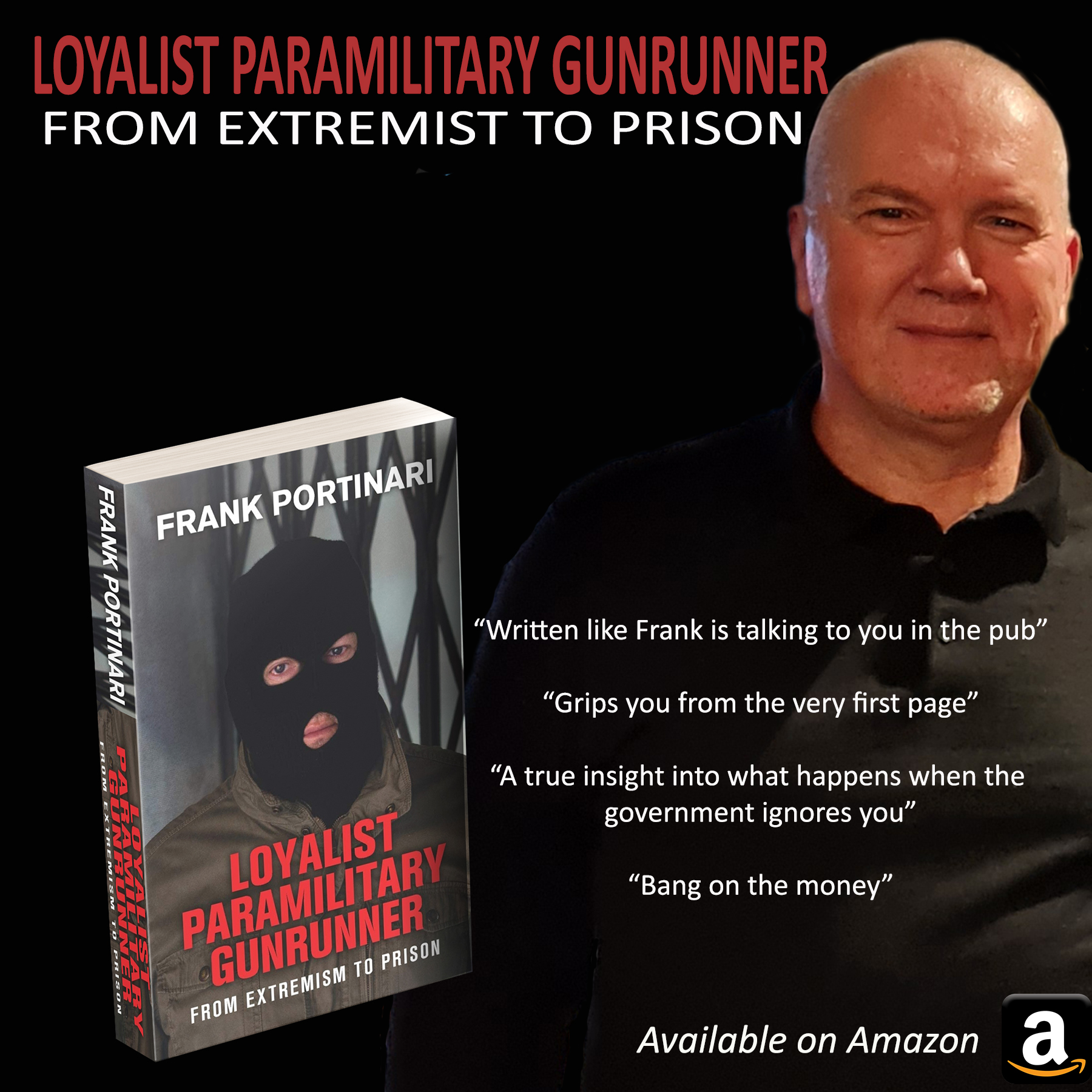
Frank, you now operate a walking tour. A new venture for you. It has been lovely watching you explore and expand this new company through networking and public speaking opportunities. You don’t have to sell it to me, I’ve been along but please take this opportunity to say a few words to my readers who might like to share the experience with you.
Via my company 'Turnkey Tours', I conduct 'The Dark Side Of Camden Walking Tour'. Primarily designed for the tourist market, it has become very popular with corporate audiences. Ideal for team building and entertaining clients. It's probably best described by the following promo.
Frank's poem about Camden and his walking tour - to book follow the link below
https://www.thedarksideofcamden.uk/
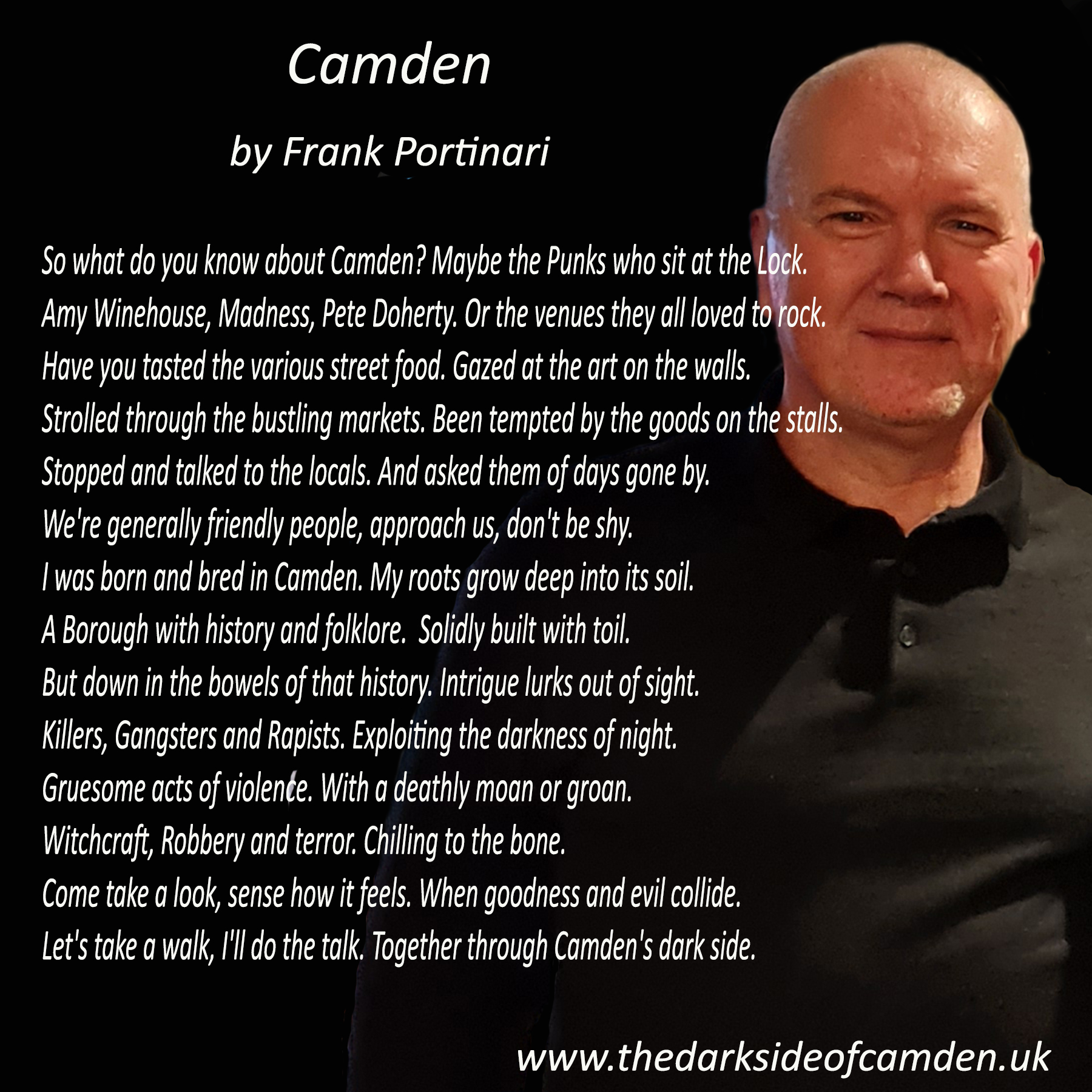
Frank, thank you for taking time out to take part in this interview and for your candidness in the answers you've provided. It is always good to chat with you. Love to your family. Hope to see you and Mrs P very soon.
